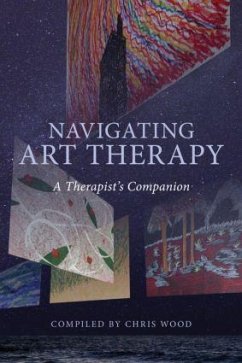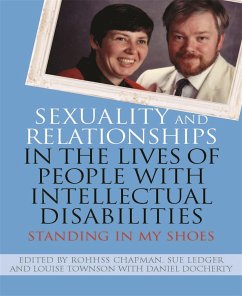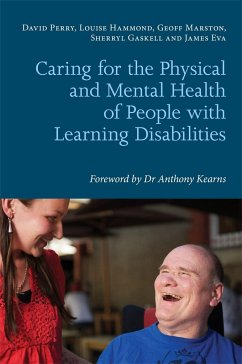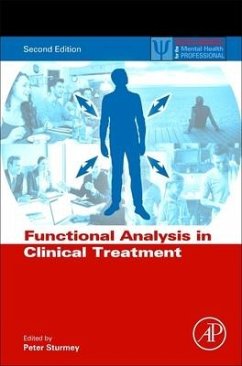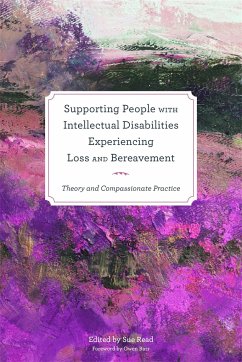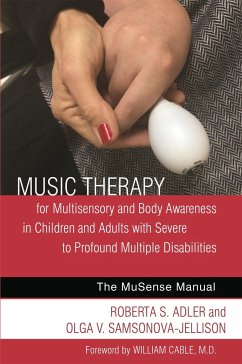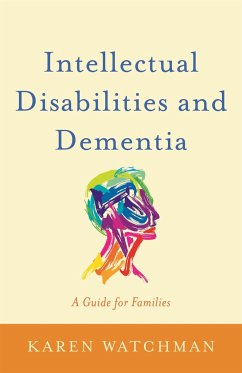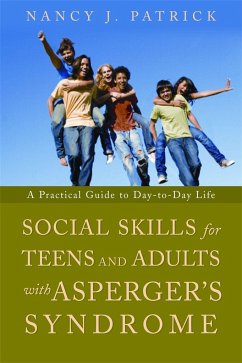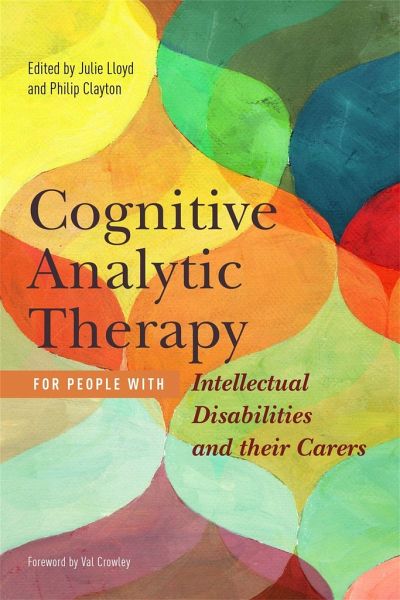
Cognitive Analytic Therapy for People with Intellectual Disabilities and Their Carers

PAYBACK Punkte
24 °P sammeln!
Cognitive Analytic Therapy (CAT) is increasingly used by those providing services for people with intellectual disabilities. This book introduces CAT in practical, user-friendly language and guides readers on how to use the approach to inform their work and encourage positive change through the therapeutic relationship.




